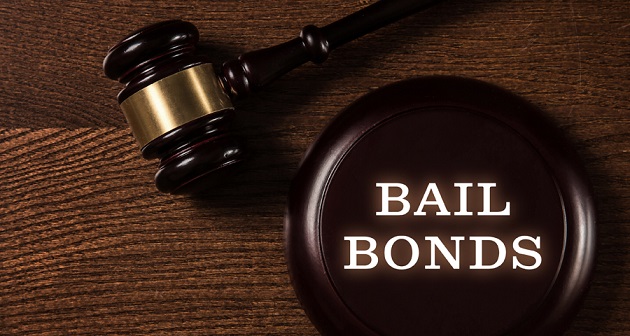
1. Obviously it is much easier to prepare a defence if the accused is not detained. Interviews and review of disclosure (including videos, audio tapes) is easily accommodated in a lawyers office. The cubicles at the jail and the restricted visiting hours make it difficult to prepare.
2. Recent changes to the law regarding the use and calculation of pre-trial custody (time spent in jail awaiting trial) which stipulates that pre-trial custody is now calculated on a 1-1 basis (ie. For each day spent in pre-trial custody one day is taken off the sentence.) puts considerable pressure on the accused to enter an early plea of guilt rather than exercise his right to a trial if he/she has been detained.
The rules of parole for the provincial reformatory and the federal penitentiary allow for early release without serving the entire sentence. When the sentence is only reduced on a 1 for 1 basis for pre-trial custody the accused will actually serve less time with an early plea of guilt compared to a finding of guilt after a lengthy delay and trial.
3. The bail hearing is the first judicial step in the process after arrest. It is the first opportunity for the defence to obtain disclosure regarding the allegations. Tactical considerations regarding the scope of cross-examiniation are extremely important. Not only is the purpose of the bail hearing to get the accused out of jail pending trial, it can also be very important to the over-all defence of the charge.

Firstly the Charter of Rights and Freedoms in Canada guarantees in s.11(e) the right ”not to be denied reasonable bail without just cause”. This flows from the principle that a person is presumed innocent until proven guilty. Therefore, if the presumption of innocence is to have any meaning at all, an accused must be released and not held in jail pending trial. Otherwise we are punishing the innocent prior to a conviction.
The law is designed to minimize if possible unnecessary detention prior to trial. As a result, the “officer in charge” has the authority to release an accused person without taking the individual to a police station. The accused can be released from the scene. Where an accused is taken to a police station, he/she can also be released on a simple promise to appear with no conditions, or a promise to appear in conjunction with a recognizance with restrictive conditions. The accused does not have to agree with the terms of the recognizance proposed by the officer at the station but failing to do so will result in his being held for a bail hearing. In addition the officer in charge may require the person to enter into an undertaking which may include any of the conditions in s. 503(2.1) as set out herein.
If the office in charge is not of the opinion that the person should be released, that person will be held for a bail hearing and should if possible be taken before a justice within 24 hours.
A bail hearing is conducted before the Justice and in most cases the prosecution must show cause as to why the accused should not be released from custody, or in the alternative, if released, what restrictions should be placed on the person’s liberty as a condition of release.
Some but not all of the provisions in the Criminal Code governing release are provided below.
Should you require a bail hearing, it is prudent to consult with counsel. Freedom pending trial is crucial.
Firstly it makes the preparation of the defence much easier from a logistics perspective. Secondly, the recent amendments to the criminal code restricting the calculation of pre-trial custody to a one for one basis places a significant pressure on an accused to plead if detained pending trial. Counsel will also assist with the formulation of a plan of release. They will prepare sureties to provide evidence. They can negotiate potential consent release with the Crown. Finally they can oppose restrictive bail conditions suggested by the prosecutor. Getting bail is extremely important and the process should be carefully managed by conscientious and diligent counsel.

The lawyers at Daley,Byers have an extremely high success rate on bail hearings. 99% of our clients are released. We have lawyers available on short notice to accommodate the urgency involved.
Call us if you need our experience to help you with your bail situation. We can help.
Why Clients Choose Us?
- High Success Rate
- Experienced: 32+ Years Each Partner
- Fair Payment Plans
- 24/7 Access to Our Team
- Free Consultation
- We Care About Your Case
